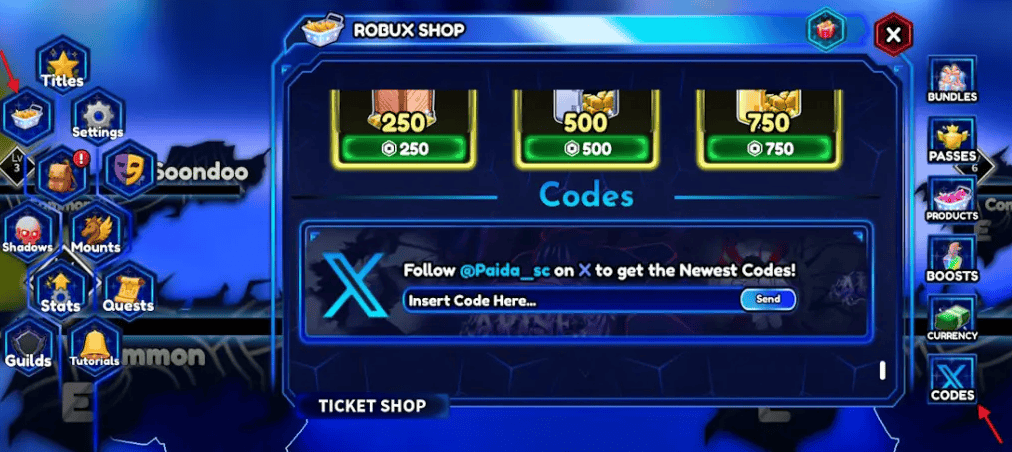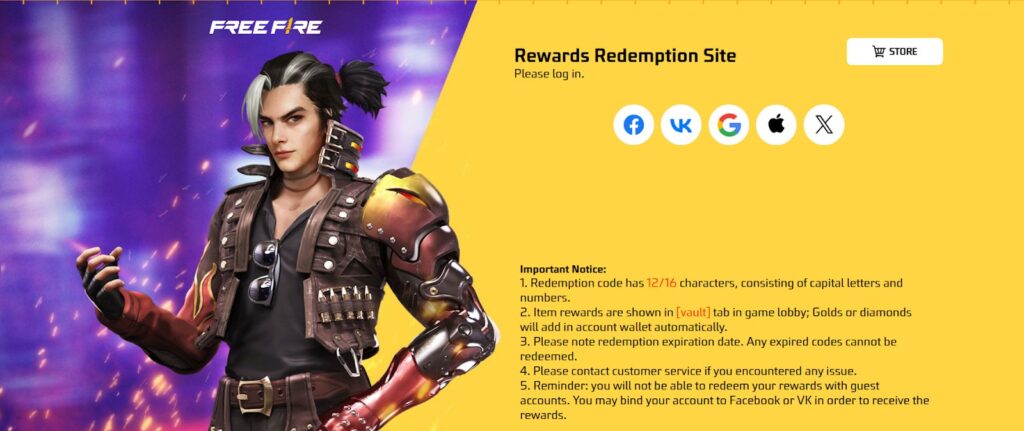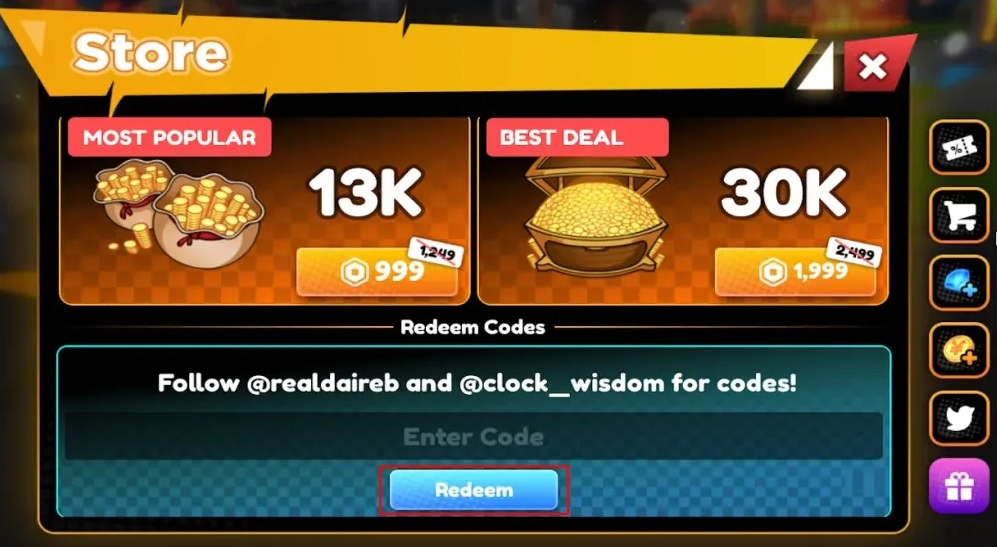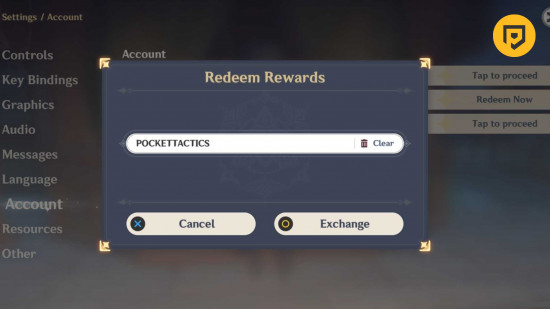Nintendo is raising prices. The gaming industry has hit a rough patch — again. Every year, we hear about studios launching massive, expensive games only to cancel them later, lay off staff, or even shut down entirely. Rising development costs and new tariffs are pushing publishers toward higher prices, especially for AAA titles. But while some companies are backing away from price hikes due to fan backlash, the conversation around game pricing is more complex than ever.
EA Says “No Big Changes”- For Now
In July, EA CEO Andrew Wilson told investors the company won’t be raising prices on its major games like Battlefield or its popular sports titles. Why? EA already offers a wide range of pricing models — from free-to-play hits like Apex Legends to subscription services like EA Play.
“We’ll continue to look at opportunities to deliver great value to our players… but no dramatic changes are planned yet,” Wilson said.
Microsoft Tried Higher Prices, Then Reversed
Earlier this year, Microsoft announced price increases: games would go from $69.99 to $79.99, and Xbox hardware would see a 20% bump. The RPG The Outer Worlds 2 reflected this change at first. But after backlash from fans, developer Obsidian reversed course.
In character with the game’s satirical tone, Obsidian tweeted:
“We have received your SOS… We at the Earth Directorate have revised the price.”
Borderlands 4 Sparks a Pricing Controversy
Borderlands 4 didn’t get an official price tag, but Gearbox CEO Randy Pitchford stirred up controversy by suggesting fans should be prepared to pay more. At a PAX panel, he talked about how expensive AAA games have become to make.
Later, he posted on social media that a “real fan” would pay whatever the game costs, even referencing how he bought an $80 game on minimum wage in the ‘90s. The internet wasn’t thrilled. Gearbox eventually clarified that the game would stay at $69.99, though premium editions would be available.
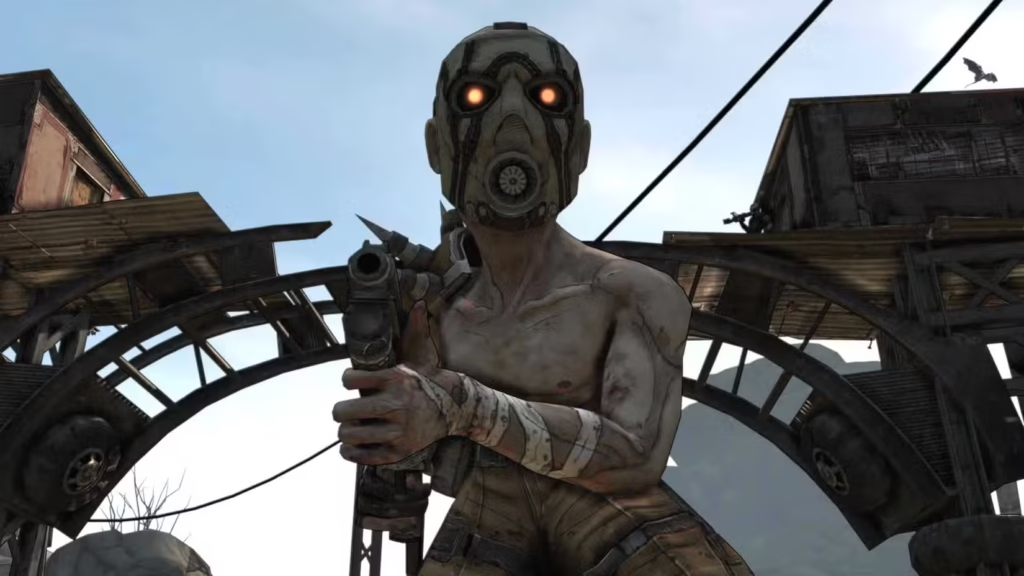
Nintendo’s Price Increases Just… Work
Then there’s Nintendo, the rare company successfully raising prices without much drama. When the Switch 2 was announced as its most expensive console yet, the company also raised game prices from $59.99 to $69.99 — and fans largely accepted it. Why?
Nintendo has a long-standing reputation for polished, high-quality products. Even their older games, like Zelda: Breath of the Wild, rarely go on sale. People are used to paying full price — and happy to do so.
Still, Nintendo recently announced plans to raise prices on older Switch models. While fans called it outrageous online, the Switch is on pace to become the best-selling console of all time. A small price hike likely won’t slow that momentum.
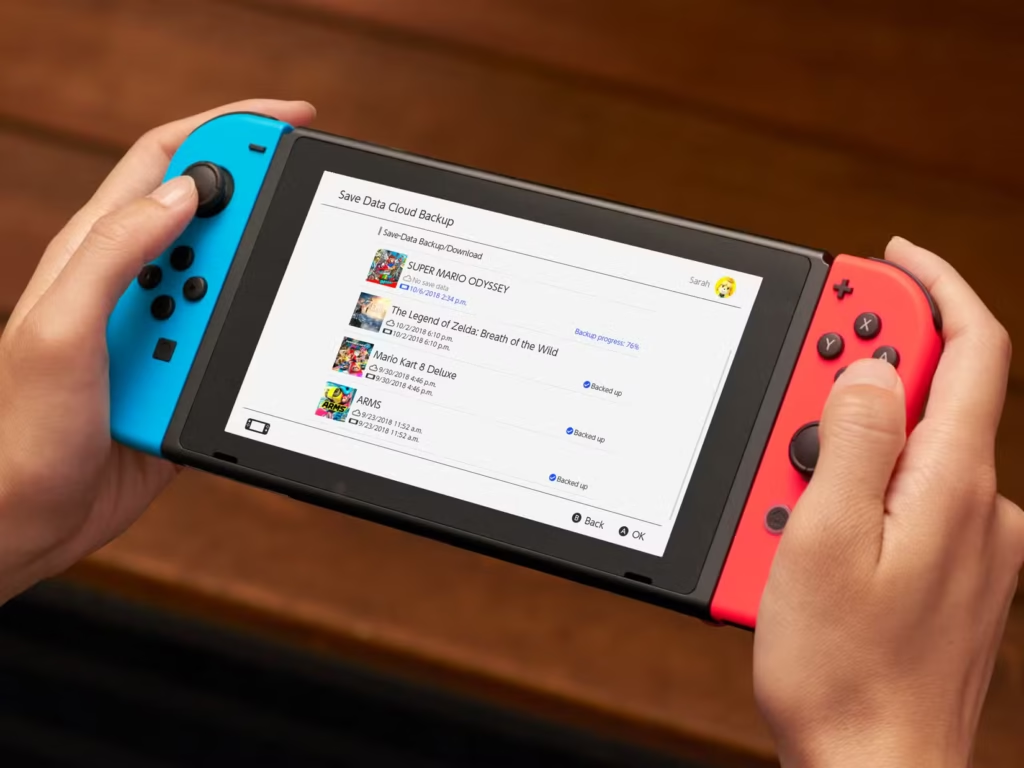
Are $100 Games Coming Soon?
As price hikes become more common, some analysts believe $80 might just be the beginning. Grand Theft Auto 6, one of the most highly anticipated games ever, could easily hit $100 — and fans might still pay it.
GTA offers an unmatched experience, which gives publisher 2K Games leverage. But most other developers can’t make that same case. And if a game doesn’t feel worth the high price, fans push back – hard.
One Price Doesn’t Fit All
According to analyst Mat Piscatella from Circana, there’s no longer a “standard” game price. We now have:
- $3 indie games on Steam
- $7.99 viral hits like Peak
- $49.99 breakout games like Claire Obscur: Expedition 33
- $100 collector’s editions
As games shift to digital, publishers can also tweak prices more quickly and test different pricing models.
“We’re going to see more creativity in pricing strategies,” Piscatella says. “Expect variability — from base pricing to deep discounting.”
💡 Final Thoughts
While $80 games are becoming more common, they’re not guaranteed. Players still hold power through feedback and purchasing decisions. Studios that justify their pricing with quality and value like Nintendo tend to succeed. But for everyone else, price hikes are risky business.
One thing’s for sure: the era of one-size-fits-all pricing in gaming is over.

